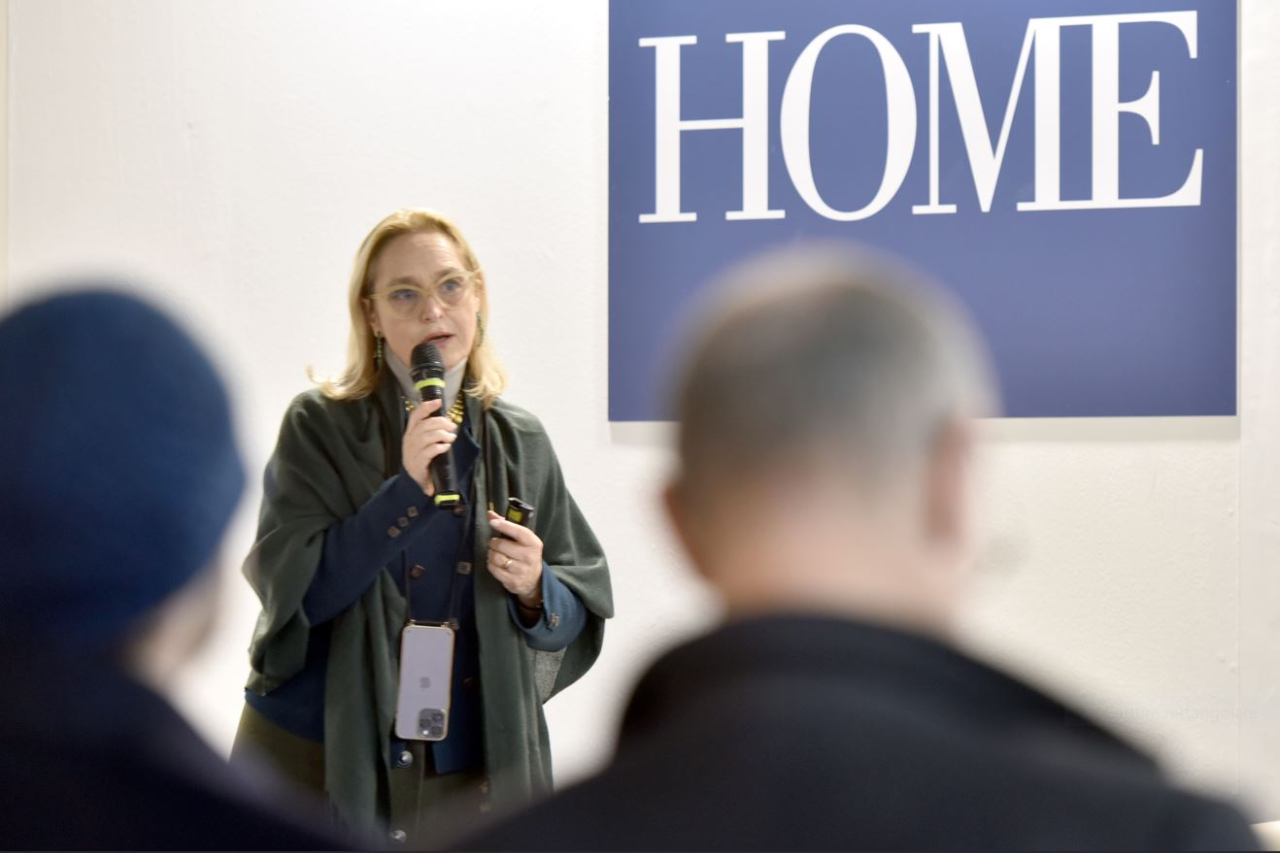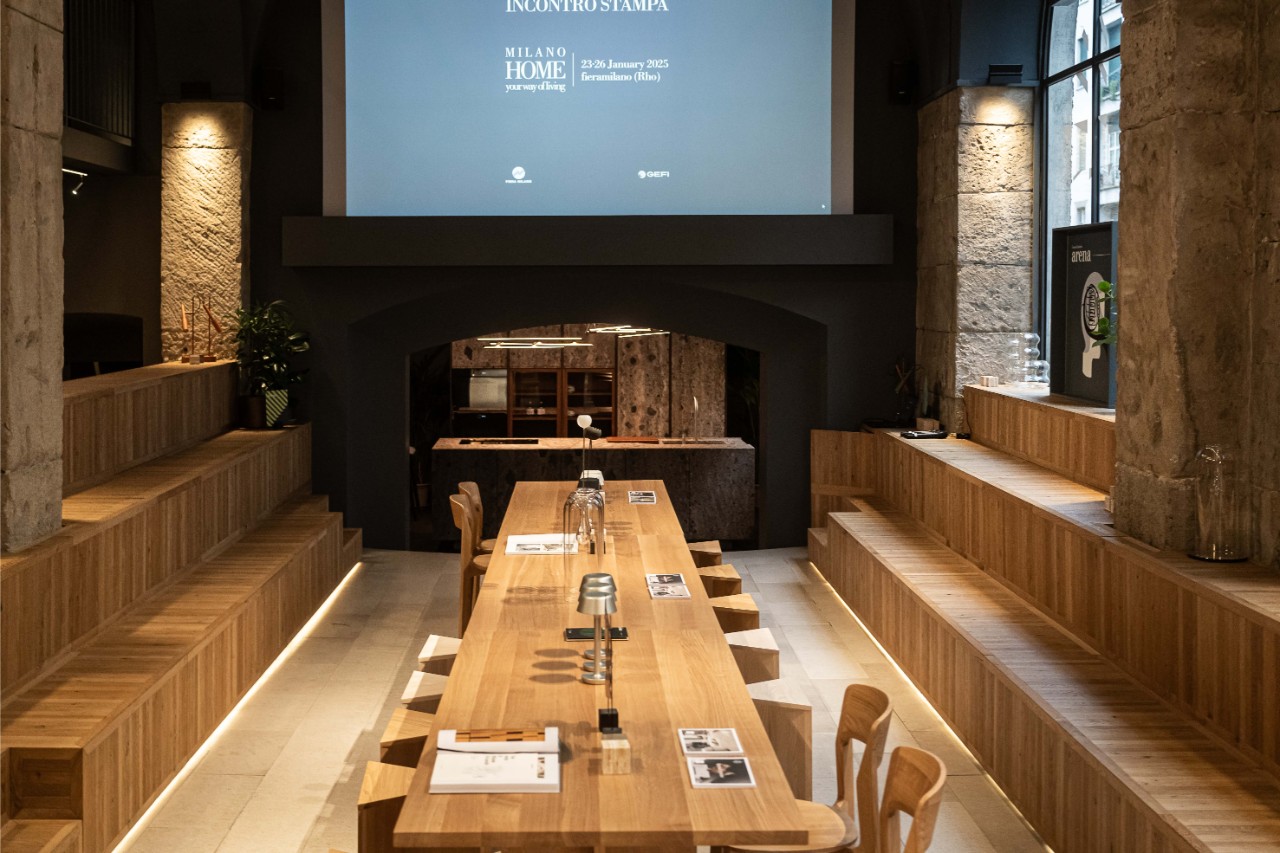
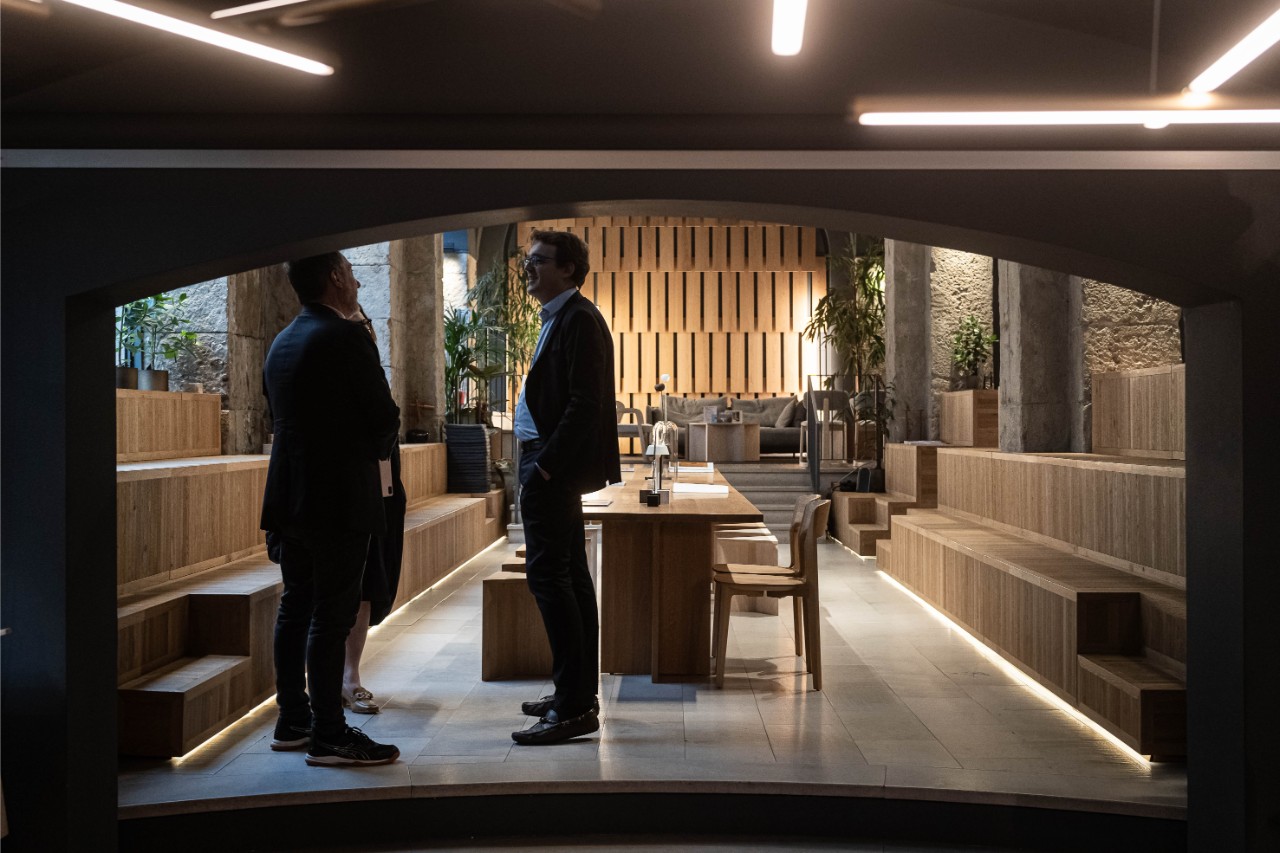
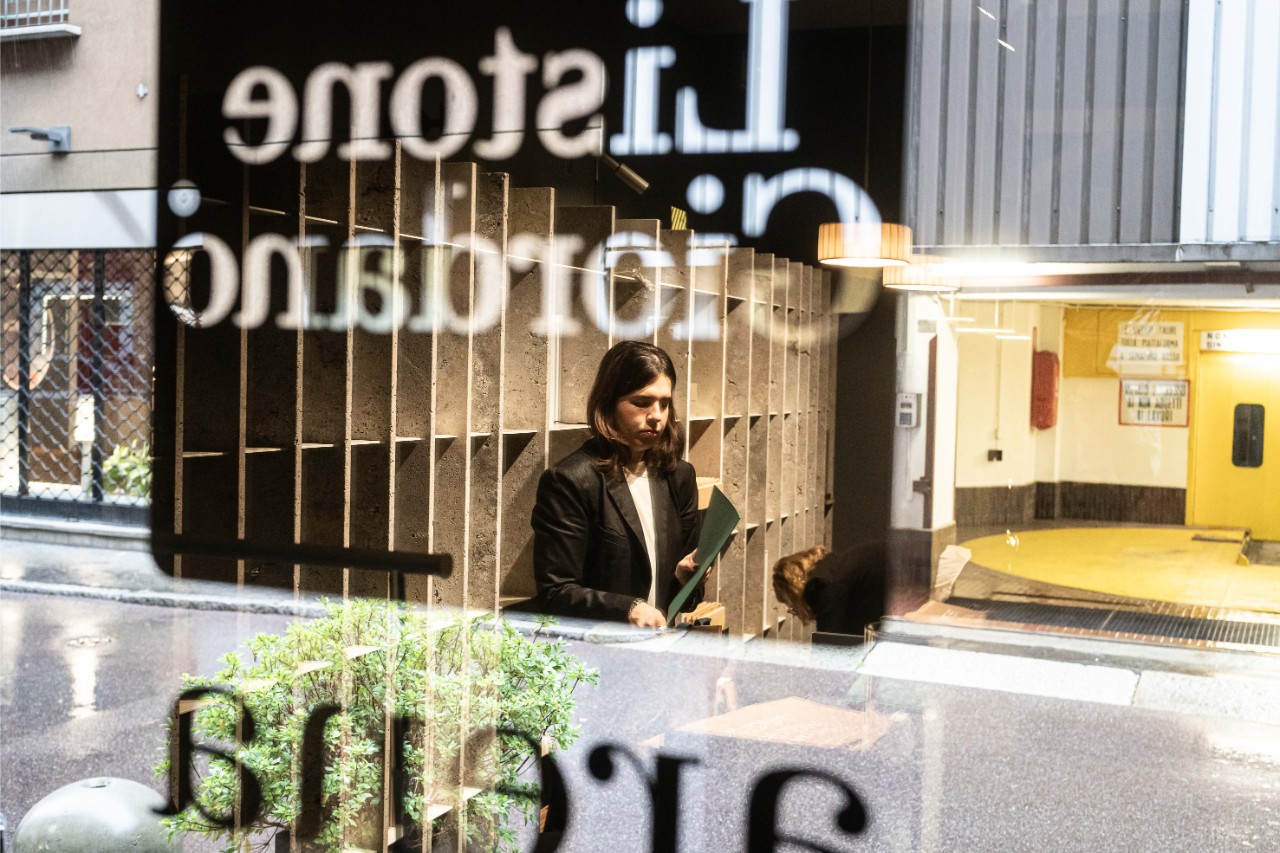
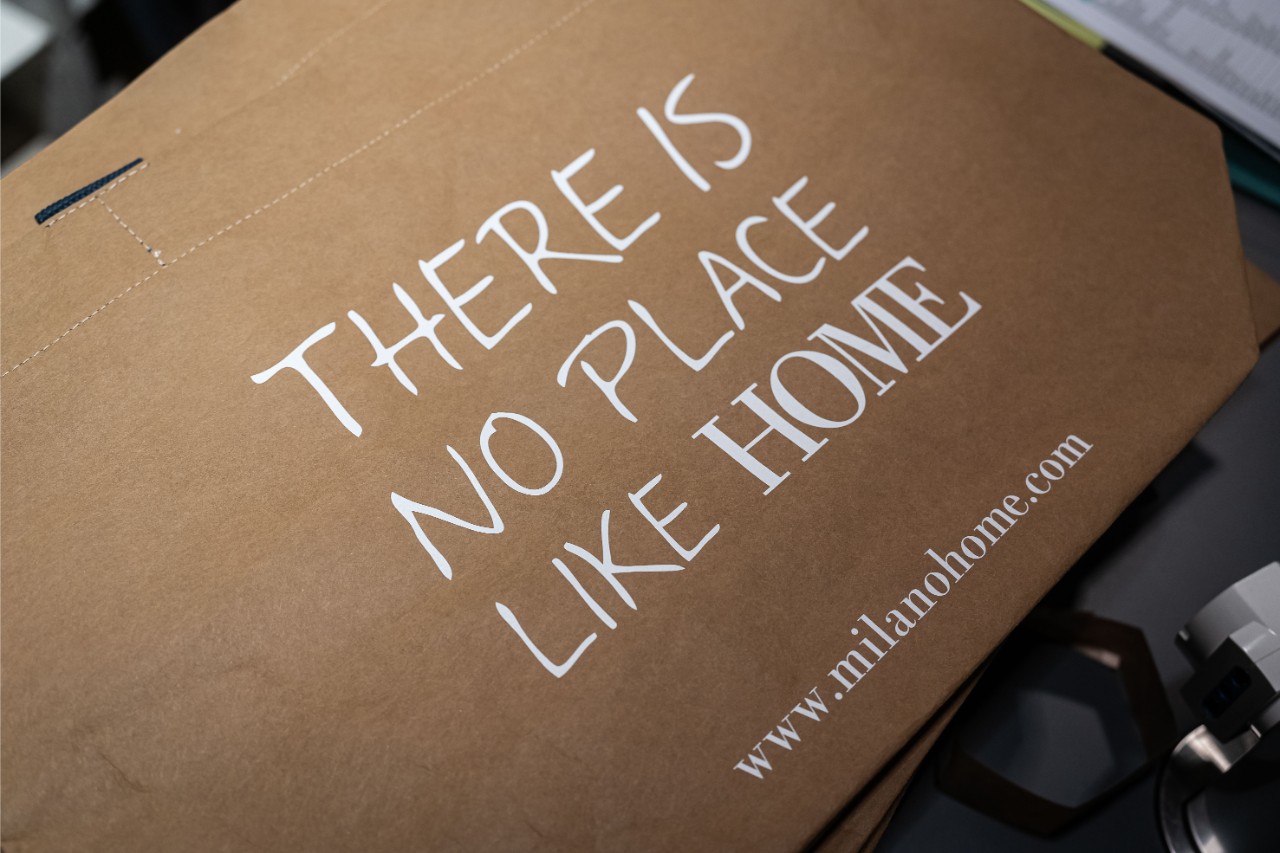
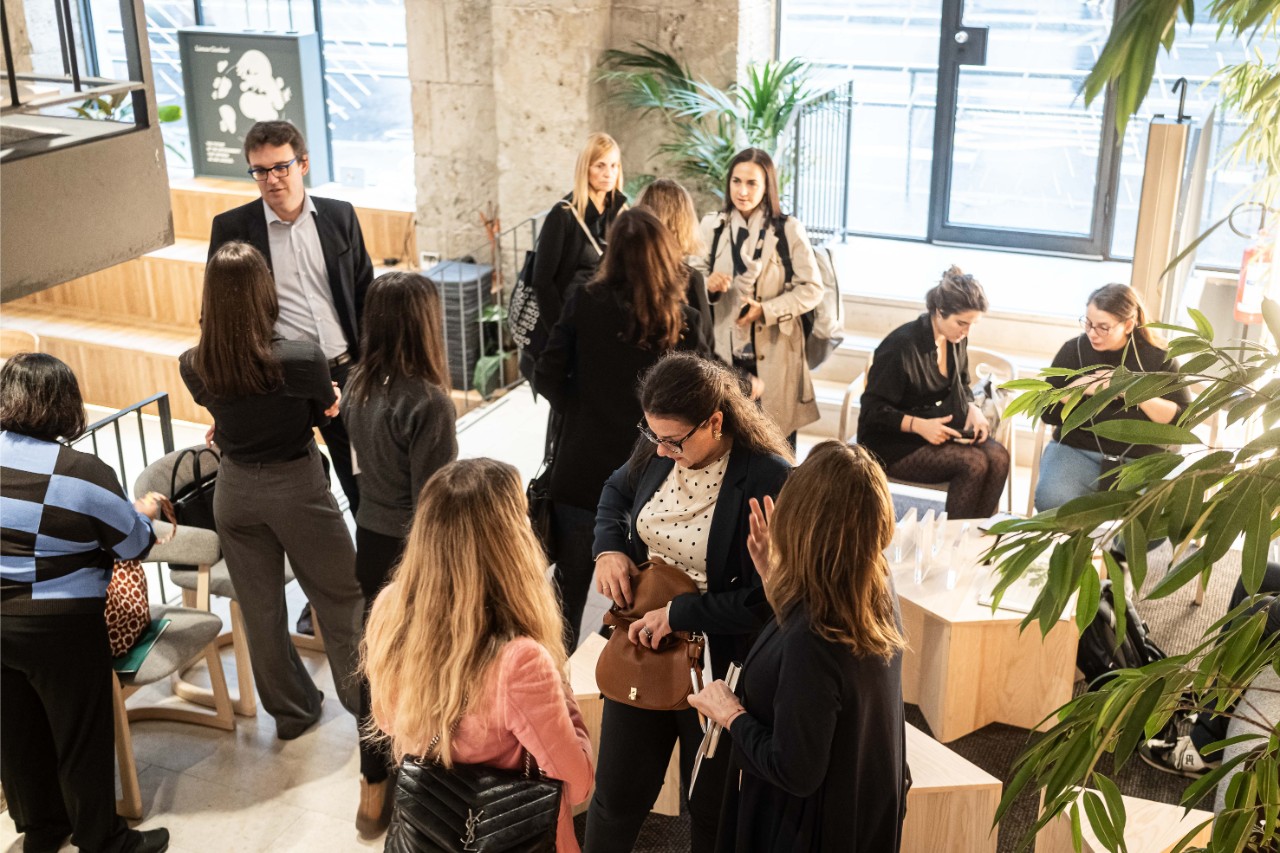
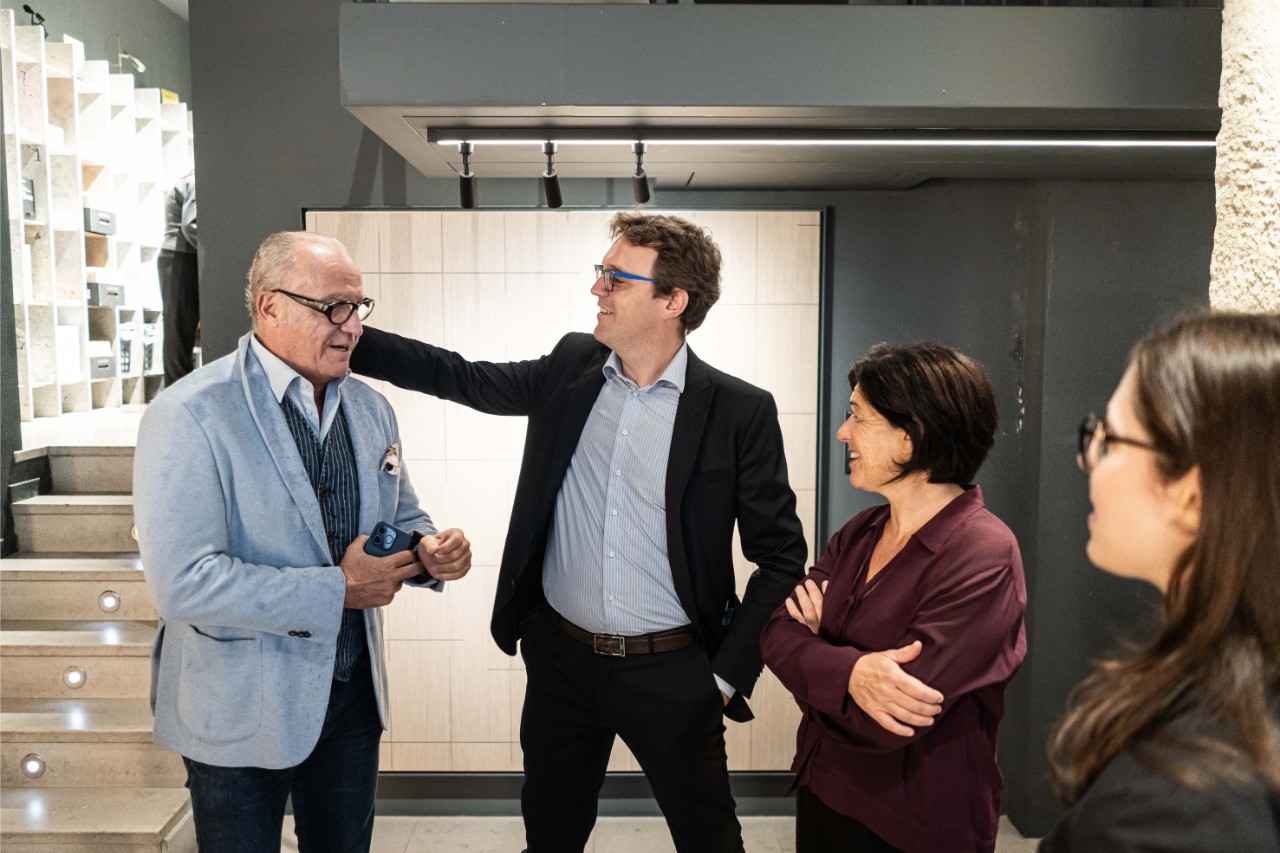
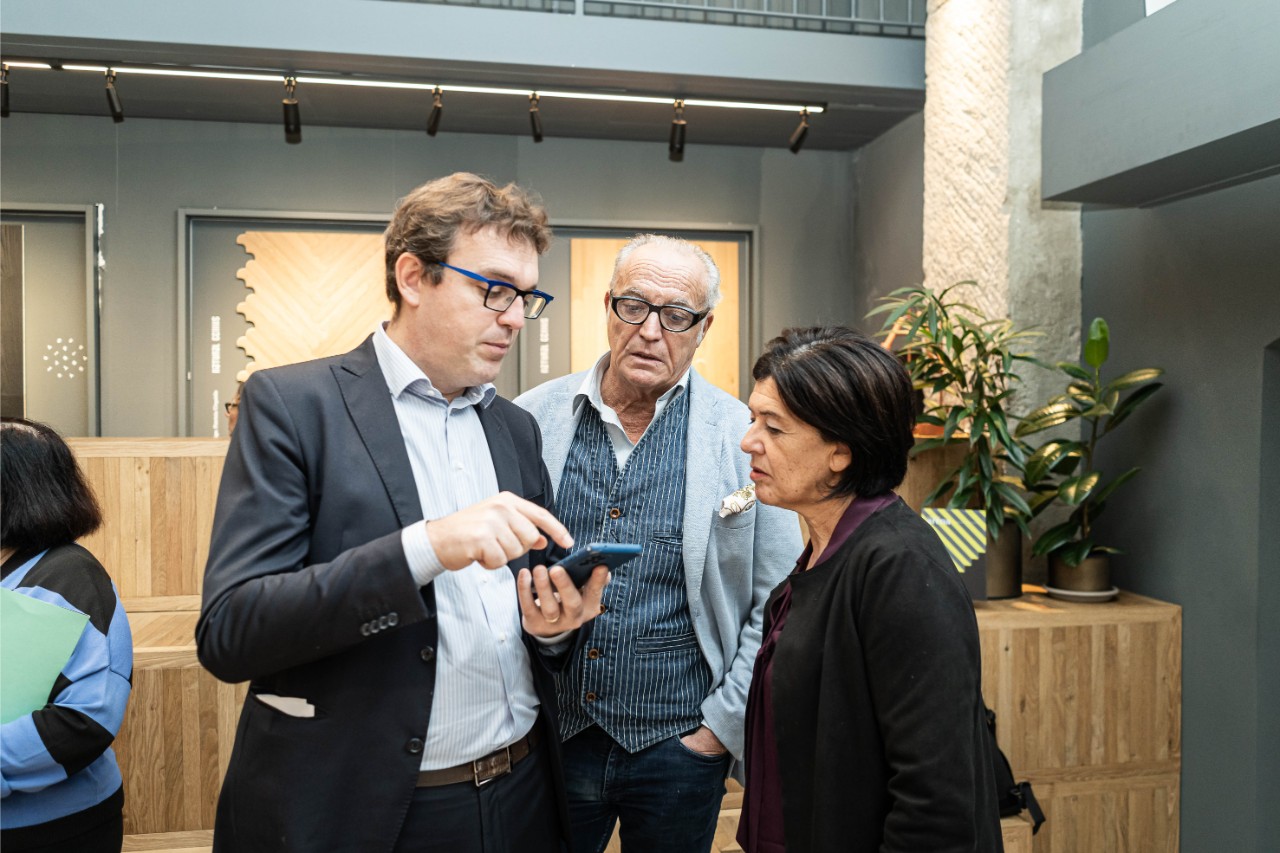
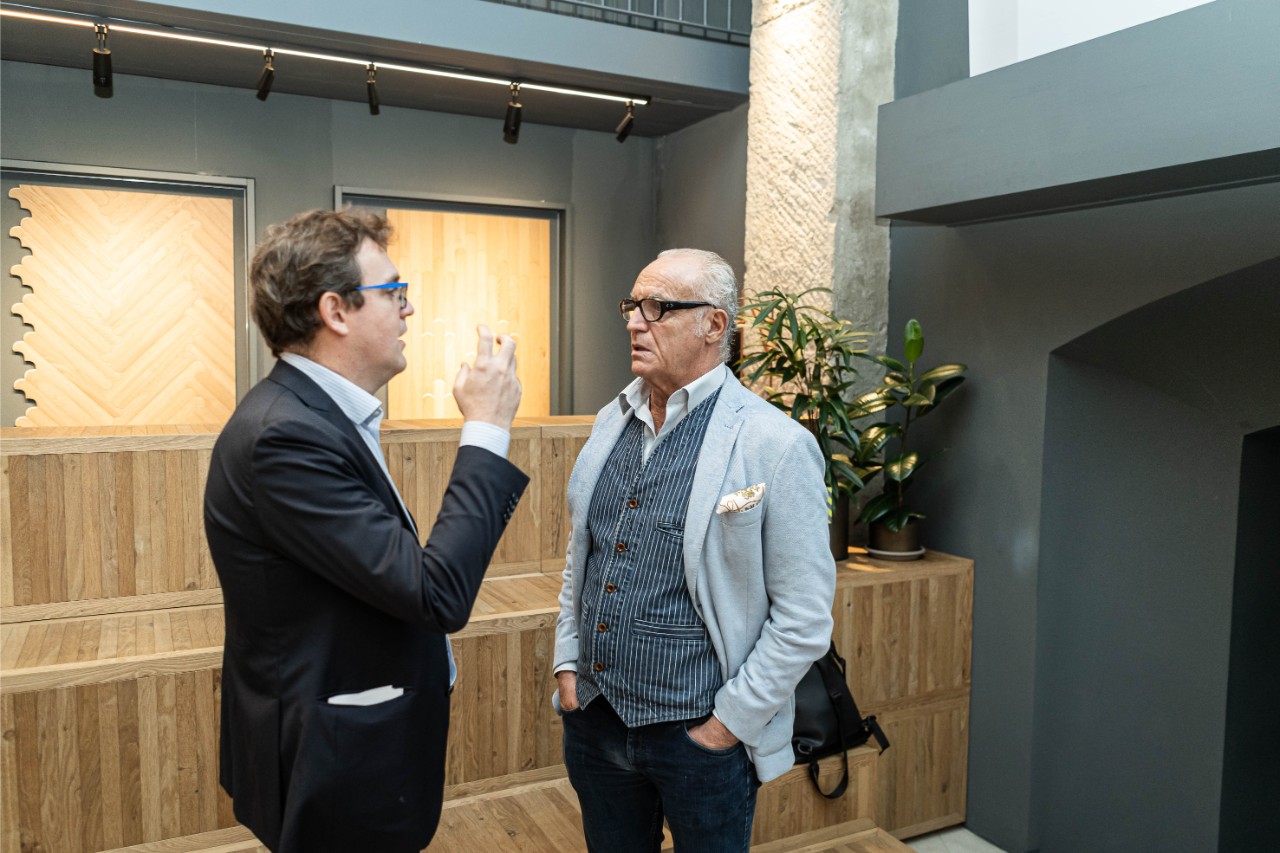
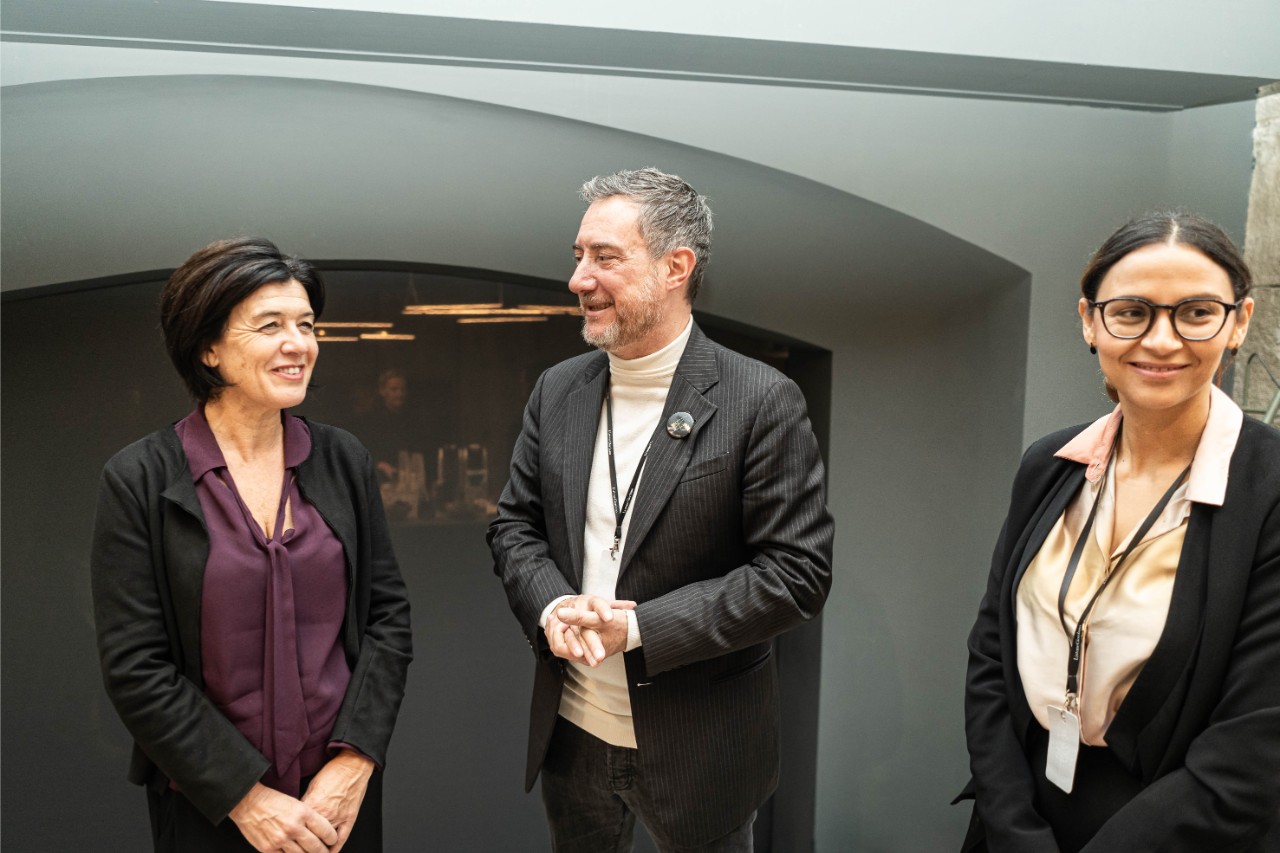
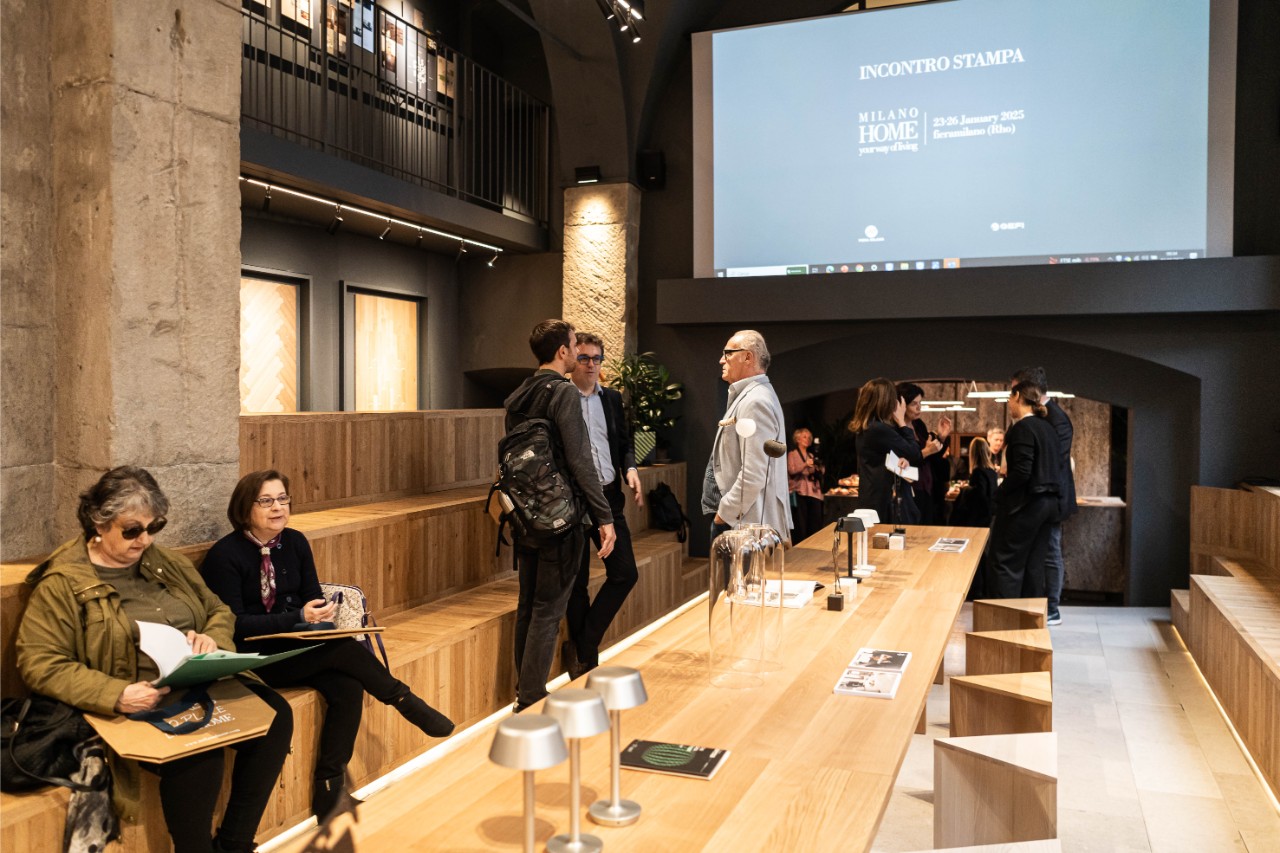
Communicating healthy and forward-looking values by putting the person at the heart of everything. Milano Home wants to lead the change, starting with sustainability and the centrality of businesses and shops, especially those in the local neighbourhood.
In a period of profound change such as the one we are currently experiencing, it is necessary to strengthen relations between companies and shops and to be open to discussion and dialogue. A path that has often proved to be winding and not without obstacles, and the lack of communication between entrepreneurs and traders, within their respective categories and then externally, has ended up damaging both.
Milano Home wants to play a leading role in marking a turning point, pointing out a path through which healthy and futuristic values can be communicated.
The objectives and intentions of the exhibition event dedicated to the world of the home - a privileged showcase for the meeting between manufacturing excellence and specialised retail - promoted by Fiera Milano and held at the Rho Exhibition Centre from 23 to 26 January, were presented during a press conference held in the evocative setting of the Listone Giordano Arena and attended by Emanuele Guido, event director, Laura Rolle, semiologist and founder of the research and innovation company Blue Eggs, Donatella Caprioglio, home psychologist, Isabella Goldmann, bioclimatic architect, and Adolfo Carrara, artistic director of Milano Home.
"The best solution - pragmatic and the most profitable - is to foster relationships between the various players in the supply chains," said Emanuele Guido, director of the event. “Milano Home does not follow the superficial thinking that sees the individual as a mere consumer, but wants to put the person at the heart of the project. There is a need to share, a need for unity of purpose to drive change, and the trade fair is and wants to be an authentic interpreter of this new logic, which aims to enhance the human aspect, starting with sustainability and the centrality of entrepreneurs and businesses, especially those in the neighbourhood. Relationship and openness are the two levers to be used to build a new path for development and growth".
“Specialised retail,” added the director of Milano Home, “is a segment that involves 38 thousand companies, 100 thousand employees and generates 16.5 billion in turnover in Italy alone. A key economic structure in terms of employment, turnover and work that must be maintained and supported in channelling resources and experience towards a growth perspective”.
Opening the press conference was Nicola Cherubini, brand ambassador of Arena Giordano. Recalling that the current venue once housed a restaurant, "La Penna d'Oca, designed in the early 1900s by architect Gio Ponti, a place much loved by journalists, and on 15 November 1930 the restaurant hosted the first Futurist dinner, whose manifesto bears the signature of Filippo Tommaso Marinetti", Cherubini stressed that the Arena "has always been a place of knowledge and learning, therefore an ideal place to host and share a cultural project such as Milano Home".
The topic of relationships and knowledge was the focus of Laura Rolle's speech. "When a project of great quality is produced, an energy is released, the human thought almost imprinted on the material. All this can be a narrative project that will be interesting story for the company to tell," the semiologist pointed out. Polarisation will see people increasingly interested in what lies behind the simplicity of an object and its history. There is a growing interest in getting inside the processes. Technique, technology, energy give value to objects, so it is appropriate to tell the story of the process and the story of the people who helped to create it'.
Rolle went on to talk about neighbourhood shops, "a kind of return localism, not a new local. Whereas in the past the localism of authenticity, zero kilometres, local production was dominant, today the neighbourhood no longer necessarily follows these canons, but is coloured by new people who have moved in and by the second generation. It is a much more diverse local that demands an environment of pleasure and social well-being. The neighbourhood shop, when it becomes a place of relationships and offers feelings of fulfilment, constitutes a healthy reconnection".
"Everything that gravitates around us is being recoded," concludes Rolle, "even the shop today would theoretically need a different name to produce a different narrative programme for young people to be interested in something that has to change the shape of their thinking. To be a guardian of beauty, to be able to tell a story to those who come, to have the idea that in there you can create not the usual experiences but a specific project. If a few years ago a general shop was fine, now people need to understand what the shop has to offer. A rewrite is needed and Milano Home can influence and guide this path”.
Conflicts, jealousies, reluctance to engage in objective discussion, lack of strategic vision were the topics analysed by Adolfo Carrara, Artistic Director of Milano Home. Starting from the inescapable assumption that "the key word is openness", Carrara took a wide-ranging look at issues that struggle to come to the surface and weigh heavily on the real growth of the various players operating in the market.
"When you walk into a shop today, the first thing that jumps out at you is a kind of endless assortment that, instead of creating reassurance, creates uncertainty. This is because the relationship between manufacturer and retailer, whether online or offline, is a love affair with a high degree of mutual infidelity. The aim of the trade fair is to rid the sector in general of all elements that create friction and to provide both entrepreneurs and retailers with the tools they need to operate transparently.
Loyalty always has a price. "The entrepreneur must make a commitment to the retailer to produce things that they can offer and sell. One has to understand how that operator can generate turnover with a given product by providing them with the appropriate tools. The retailer wins the loyalty of the manufacturer if the latter continues to find new solutions to address the market, be it in-store or online. In this regard, we are in dialogue with Italian companies and foreign distributors in order to focus attention on a specific product family to be presented at the exhibition. The visitor must be able to observe, to stop at the stands, to be attracted by what they see".
For the last two years, Carrara has been carrying out a project, which has been unanimously approved, to present the various supply chains. The aim is “to show how the production phase of a product is developed and to create relationships on the stand by illustrating the supply chain. Today, companies are not open to demonstrations, to talking to each other, exchanging information and building relationships. This also happens in shops. A lack of dialogue prevents the creation of wider neighbourhood relations. It is up to us to disrupt this pattern and give them the key to open up."
“Inhabiting a space mirrors living with oneself, because to inhabit a space is to live,” says the university lecturer. A reflection that can also be extended to points of sale. “The neighbourhood shop is a wonderful thing, there is a need for relationship and sharing in every sphere".
Read more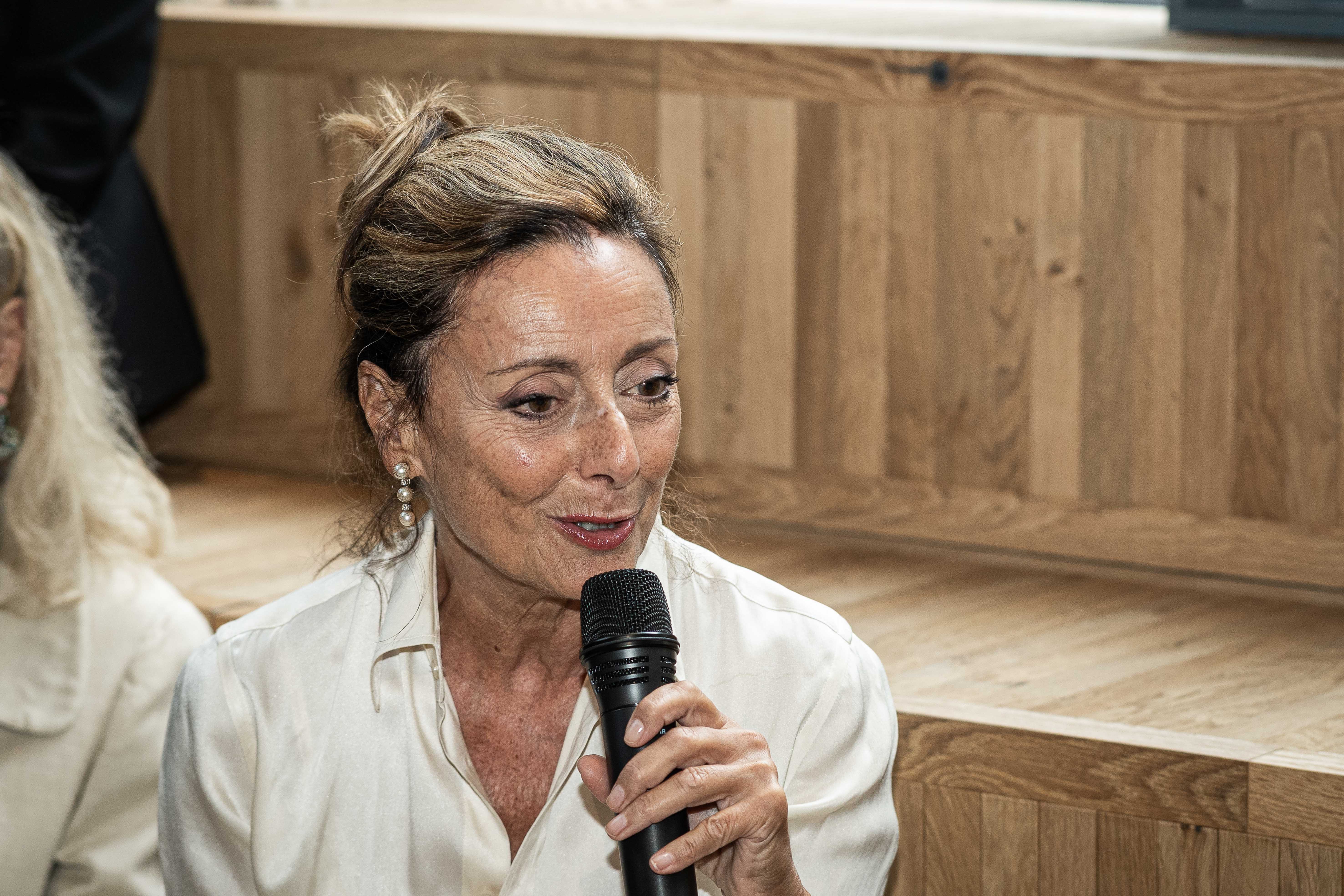
Goldmann: “Sustainability is the combination of intelligent design and a tight budget”. "In a good object, there is passion, history and investment," says the bioclimatic architect, who is curating "The Green Circle" event at Milano Home. The protagonists are manufacturers, but also the hyper-technological products
Read more